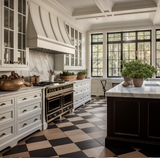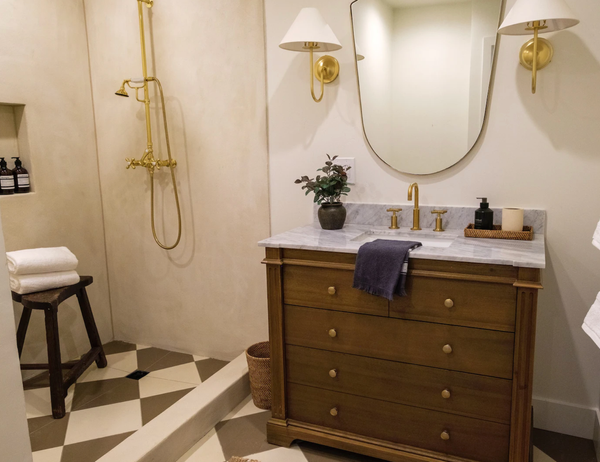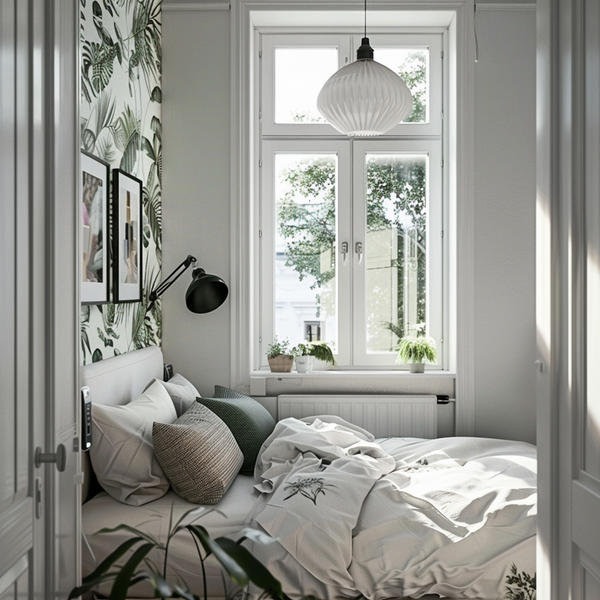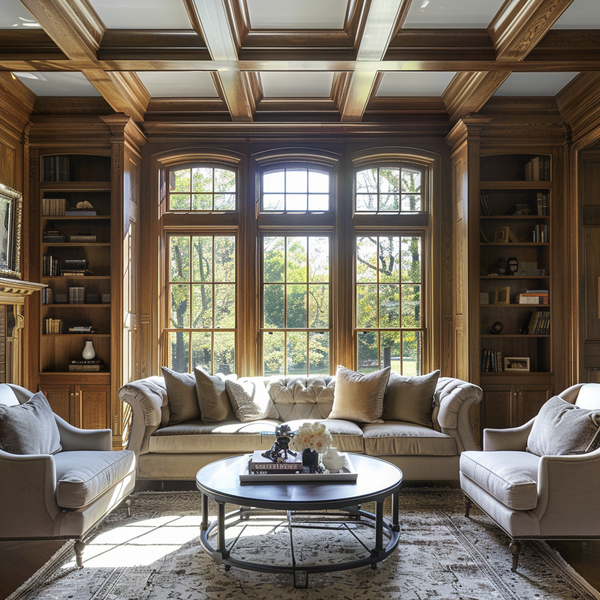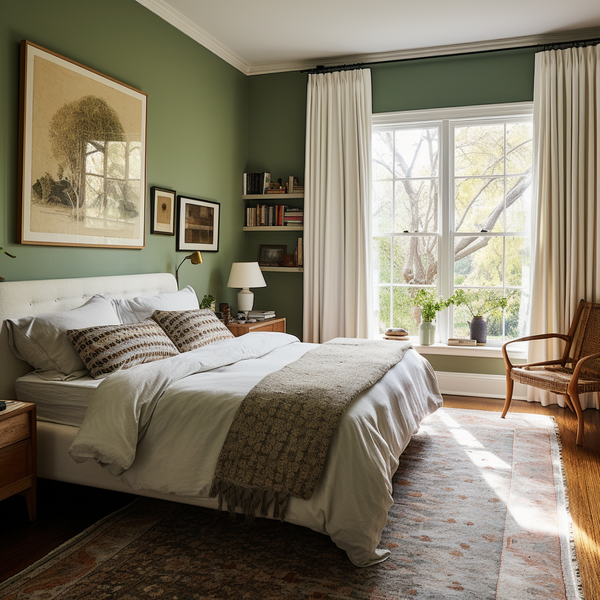Hardwood vs. Luxury Vinyl Flooring: Pros and Cons
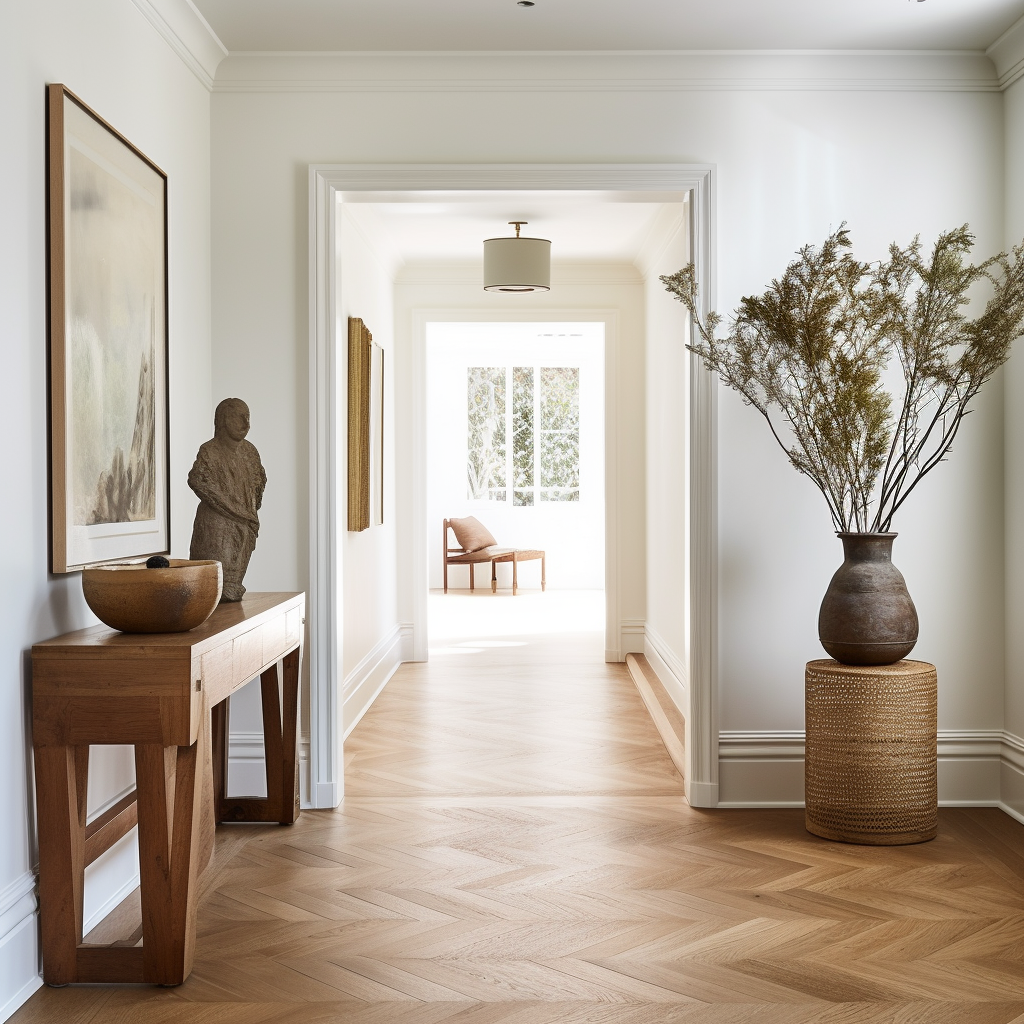
There are hundreds of decisions to make when you are building or renovating a home but since flooring typically is 10-15% of a remodel budget, its a big decision to make.
The two most popular options that we are seeing right now are Hardwood (solid + engineered) and Luxury Vinyl Plank. So...let's dive into the details:

Hardwood Pros
- Value: Hardwood floors have a classic (dating back to 1600s buildings in Europe) and add significant value to your home. A good stat to keep in mind when making flooring decisions is that on average, real wood floors can increase a home's value by about 2% to 5%.
- Longevity: Hardwood floors can last decades. So while they may be more expensive upfront, they be refinished multiple times which can keep your home looking up to date as styles change. For example, solid wood floors can be refinished 5-10x and engineered wood floors can be refinished 2-3x - refinishing can be anywhere from $2-$5 per sq foot.
- Eco-Friendly: Being a natural material, hardwood is a more eco-friendly choice. Alternate options like LVP are made of plastic and are not biodegradable (and need to be replaced more often), which is something to consider.
Hardwood Cons
- $$$$: Hardwood is definitely the more expensive option but there is still a wide range of price per square foot within the "hardwood" category - below are some general guidelines to give you an idea:
- solid hardwood range: $5-$15 per sqft
- engineered hardwood range: $3-$10 per sqft
- Cost of Install: Unlike interlocking planks that are easy for DIY/home owners to install - hardwood is best suited to be installed by a professional.
- High Maintenance (esp. with pets): Hardwood floors are susceptible to water stains and scratches. If you have pets (especially dogs), prepare yourself for nail scratches - its just part of having real hardwood floors.
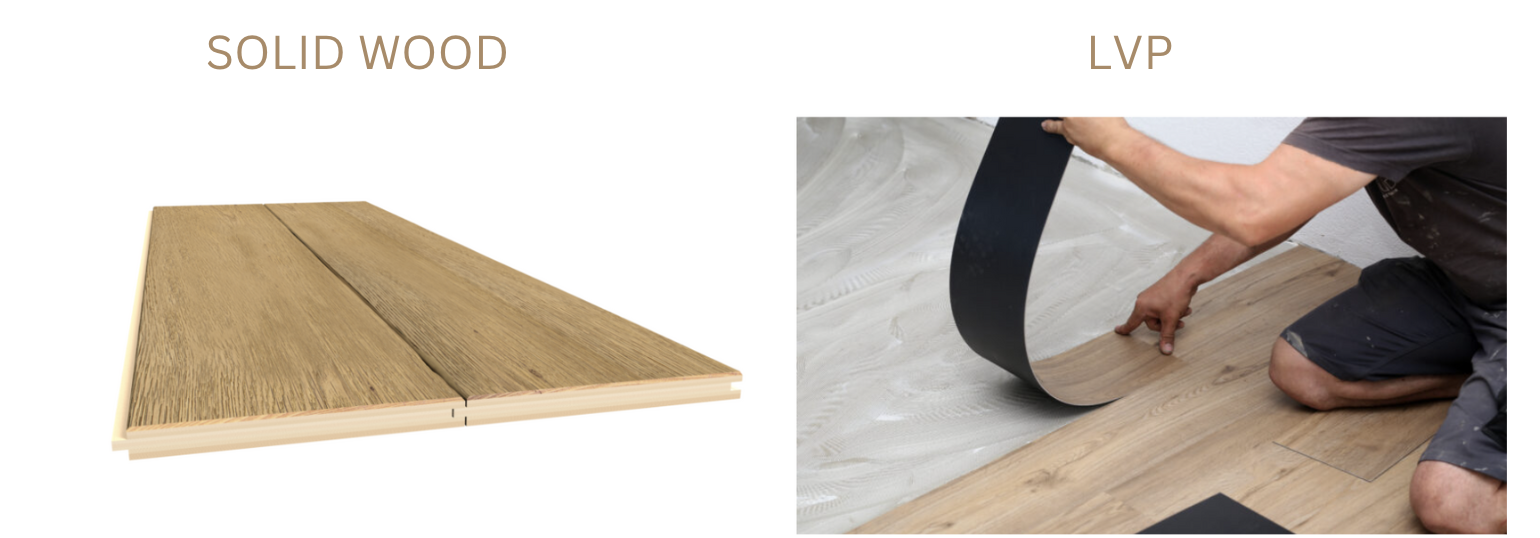
Luxury Vinyl Flooring Pros
- $$: LVP is a much more affordable flooring option that still achieves the look of wood floors for more than half the cost.
- Durability: Since LVP is made of PVC (plastics), the flooring is highly durable against scratches and virtually waterproof. Meaning, this flooring is a great option for high traffic areas or areas that need to be lower maintenance.
- DIY Friendly: Most LVP is interlocking which makes installation much more straight forward and since the planks are thinner it is easier to cut.
Luxury Vinyl Flooring Cons
- Longevity: Once worn, LVP cannot be refinished, it has to be completely replaced. Additionally, it has been reported that LVP (even reputable brands) can fade if exposed to direct sunlight overtime.
- Uniformity: Unlike real wood, LVP is stamped on patterns of wood - therefore, if you look closely you will see the wood pattern repeat which can look cheap. Additionally, since LVP is made from plastic, there is a sheen / polished look that isn't seen with real wood floors (some people prefer while others may think this looks cheap).
So, there you have it, a high-level breakdown of pros + cons of both wood and LVP. In our opinion, if its in your budget, we recommend hardwood (solid or engineered). Reason being is that you will get your money back with both the longevity and value.
However, if you are redoing a temporary space or commercial space, I would recommend LVP for high traffic areas that you need to be low maintenance.
Hopefully this breakdown helps make your decision easier!

